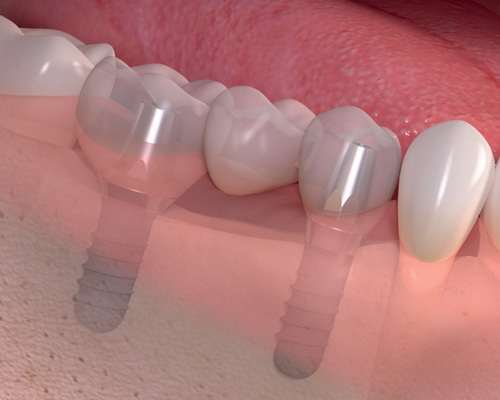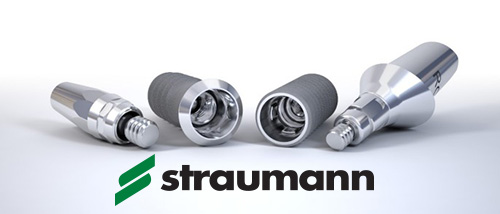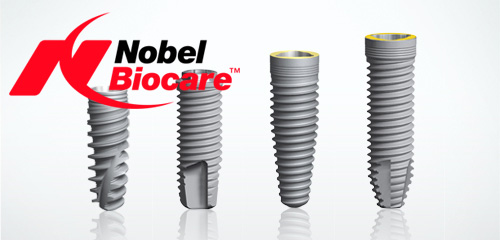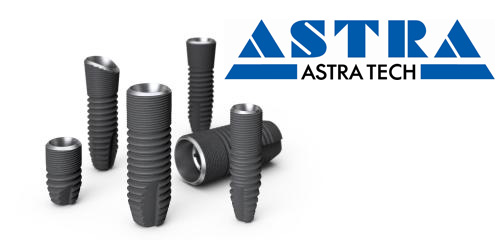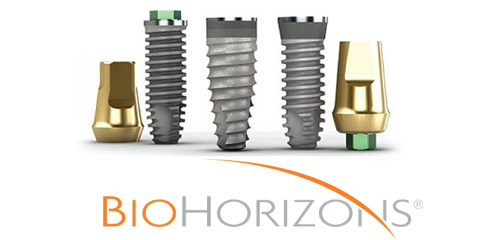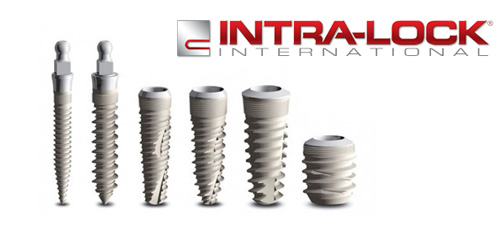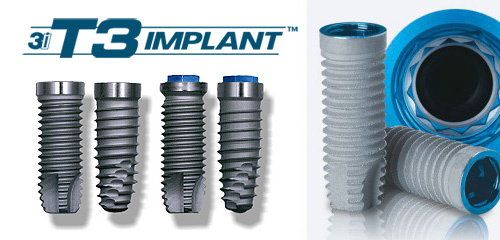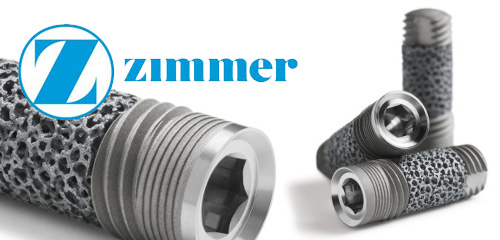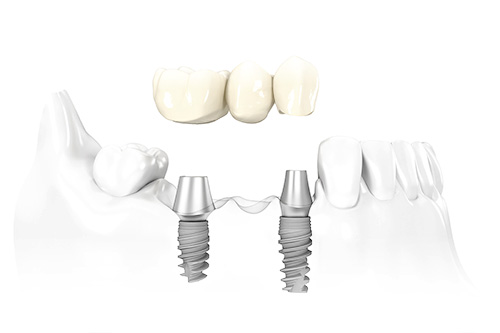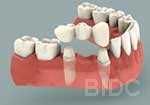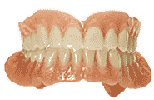Implants Vs Bridges
- admin
- 0 Comments
- bridges or implants, dental bridge, dental implant vs bridge, dental implants versus bridges, dental implants vs bridges, implant or bridge, implant versus bridge, implant vs bridge, implants
Why dental implant over bridge?
Dental Implants protect your remaining natural teeth With conventional bridgework, surrounding teeth next to the missing gap must be ground down in acting as anchor supports for the dental bridge to be built over. Unlike dental bridges, dental implants do not compromise surrounding natural teeth. Dental implants eliminates the need to modify the adjacent teeth resulting in a conservative yet esthetic restoration approach. Dental implants are thus often more appropriate than a bridge for the replacement of one or more adjacent teeth.
Dental Implants provide a long-term restorative treatment Bridgework and dentures may need to be replaced every ten to fifteen years, but dental implants do normally will last a lifetime with proper care. Thus although implants may have a higher initial cost, the implants’ life expectancy, retrievability and independence on other teeth make them in the longer-term more cost effective with less maintenance relative to conventional fixed bridges. The most common reason for fixed bridge replacement is caries, or decay of the underlying tooth structure, which implants cannot develop since they are made of metal and porcelain. Once either abutment tooth of a bridge develops caries (decay) the entire bridge, which is at least three crowns, must be replaced. Often the abutment tooth will also need more treatment such as a pulp cap, core build up, crown lengthening or root canal therapy.
Dental Implants can replace a series of missing teeth Dental Implants can replace a series of lost teeth as well as posterior molars whereby there are no adjacent anchor supporting teeth. Conventional dental bridge will normally require healthy and sound surrounding teeth for its long-term uses. In many ways, the dental implant can be considered to be similar to the natural root of a tooth. Implants can support a single artificial tooth or crown, a bridge or denture and can be used in combination with several implants to form the base for a full mouth bridge reconstruction.
Dental Implants stimulate bone growth & preserve facial structure Unlike conventional bridgework, implants stimulate bone growth and help preserve oral health due to constant biting action or exercising of the jaw bone. When teeth are missing the surrounding bone begins to shrink. Dental implants can help to maintain the shape and structure of the jaw bone . Most implants preserve the underlying jawbone and therefore preserve the overlying facial structures, preventing the shape and facial structures from collapsing.
Dental implants are easier to maintain & do not foster decay or gum disease In general, dental implants are much easier to clean and maintain than bridgework because homecare is facilitated by being able to floss between the implants avoiding the floss threaders that are required for fixed bridges. Dental implants are also impervious to many problems and diseases of natural teeth such as caries (or tooth decay), fractures and pulpal (nerve) disease. There is no pulpal disease associate with implants thus never a need for root canal treatment.
Dental implants are strong Dental implants are made from titanium and are strong as well as being able to perform the same functions as a natural tooth.
Why choose dental bridges over dental implants?
Dental bridges do not require jaw surgery Dental implants involve surgical procedure for implant placement. New dental implant protocols, material developments and techniques has now made dental implants treatments a quick, simple and painelss process. Most dental implant cases are done under local anaesthesia, just as with conventional bridges.
Dental bridges are in general quicker Most dental bridges can be completed in 2 to 3 visit sessions in one phase or trip. For dental implants, there may be waiting period for the jaw to heal prior to the final placements of prosthetics (crowns, bridges, dentures) depending on whether conventional dental implants or immediate loaded implants are done. Conventional dental implants is typically done in 2 phases or trips. First stage, for implant post placment. Upon osseointegration or healing of the jaw bone with the dental implant, the second stage, prosthetics on implants are made and fitted. Howevere, with today’s advancement in dental implant technologies, in certain cases with good bone condition, immediate loaded implants may now be done completed in 1 phase or trip whereby the dental implant posts is embbed in jaw and the prosthetic (that may be temporary or permanent) loaded onto the implant the same or several days later. Dental implant treatments has now been shorten from a one year healing period to just several days.
Dental bridges may be options for small gaps or cases with poor bone condition If the gap is relatively small or if there is severe boneloss in the jaw area, bridges may be opted in simplifying the treatment process and potential wait time associated with bonegrafting. Dental implants do require sufficient or enough jawbone so that the implant may integrate with the jaw. For such cases, bonegraftings may be recommended prior to the dental implant treatment. New graftless dental implant solutions are however now possible. Dental implants are thus increasingly apt as the ‘gold’ standard for teeth replacement.
Summary on Implant vs Bridge
When deciding if you should choose implant vs bridges is the treatment option for you, there are several factors of considerations. These may include expected treatment time, treatment costs, life-span of restorations, individual oral conditions and your dentist ability and skills. Weighing-up all factors, you can then make a decision on what is most suited for you.

